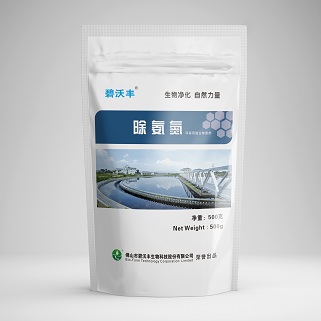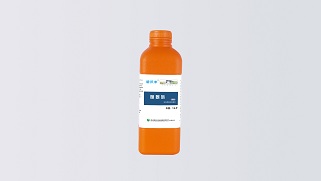BIOFORM® Nitrobacteria
 BIOFORM® Nitrobacteria contain a special blend of microorganisms to provide a consistent seed of both types of nitrifiers for ammonia conversion.
BIOFORM® Nitrobacteria contain a special blend of microorganisms to provide a consistent seed of both types of nitrifiers for ammonia conversion.The nitrifying bacteria are composed of two groups; Nitrosomonas spp. and Nitrobacter spp. The Nitrosomonas spp. convert ammonia to nitrite and the Nitrobacter spp. convert the nitrite to nitrate. Nitrifying bacteria are autotrophic (able to use carbon dioxide as the sole source of carbon) and are relatively slow growing. Typical doubling times may be 8 to 16 hours. They are also highly oxygen sensitive, requiring relatively high aerobic conditions for maximum growth rates. Variations in pH, temperature, and the concentrations of organic material also influence the activity and growth rates of nitrifying bacteria. As a result the nitrifying population of many wastewater facilities is frequently destroyed or washed out of the system because of its inability to competitively reproduce at a sufficient rate.
It is a good choice for sewage treatment and biological repair.
Improve the nitrification-efficiency in wastewater treatment, and maintain the long-term stability of the system of nitrification.
Mitigate effects of wastewater related loadings and toxic shocks
Accelerate the establishment of nitrification in newly commissioned or seasonally operated plants
Reduce the effect of the system negative factors on denitrification.
Improve low temperature season for ammonia nitrogen removal ability, reduce the effect of temperature on nitrification.
Scope of application
Suitable for aerobic treatment of ammonia-nitrogen wastewater, such as municipal sewage, coking wastewater, PCB wastewater, aquaculture wastewater, synthetic ammonia wastewater, protein processing wastewater, fertilizer production wastewater, etc.





